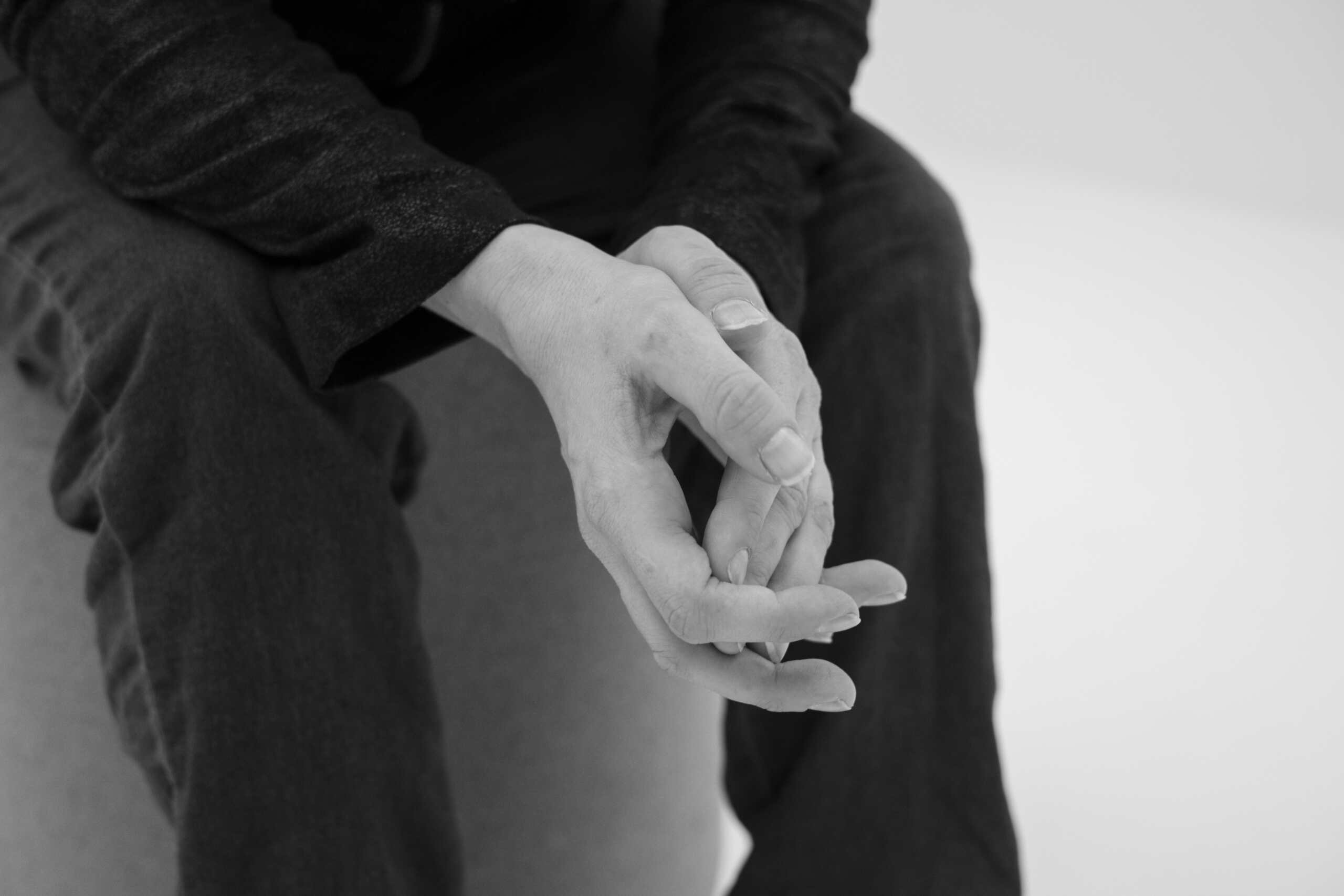The drought has been going on for years…
Ip, Stories | January 21, 2024 | Author: Laura Nicholson, International Programs, CBM Australia
“It’s hot and incredibly dry. People are starving and it’s only getting worse” Laura’s reflections from Turkana, Kenya.
Visiting CBM’s program and witnessing firsthand the impact of our programs is one of the great privileges of my job. I often find myself reflecting during long drives past towns and homes so far from mine ‘what would it be like if I lived here? What would I be like?’
But there are some visits that challenge me differently. Kalokol in Turkana County of Kenya was one of them – a place where my imagination couldn’t stretch to the realities that communities face there daily.
I don’t want to describe people’s lives with empty words designed to elevate their plight to something noble, because none of it is. It’s relentless. It’s grim. And it’s hot and incredibly dry. People are starving and it’s only getting worse.
Changes in weather patterns is responsible for five failed seasons of rain in Kalokol. The next season will be no different. People are desperate for rain.
We drove from town out to the bare, dry riverbed that stretches long and wide beyond what the eye can see. It is riddled with deep holes, that progressively edge closer and closer to the centre – a physical marker of the desperate search for underground water as old wells dry up and new ones must be dug.
I watch as a young man, slick with sweat after working in the 40+ degree heat all day, fills 20 litre jerry cans brought by kids who should be in school and women with babies strapped to their backs. He makes 5 shillings for every 20-litre jerry can he fills – literally back breaking work for the equivalent of 6 cents.
A 20-litre jerry can of water is heavy. While some people who are fortunate enough to own a motorbike ride it home, the vast majority roll them along the road after giving up carrying them.
This means collecting water can, and usually does take all day. A long journey that often puts people, especially women, children, and those with disabilities at risk of an attack or worse. I spend the car ride back quietly reflecting on my unconscious use of water back home. According to Yarra water we should be aiming for 155 litres per person per day. That’s 7 and half jerry cans! An impossible feat for those living in Kalokol.
The light in this visit was having the opportunity to talk with the people – members of the organisation of people with disabilities, mothers and community members about their life and how they have been positively impacted by CBM’s cash transfer program. They talked of the dignity afforded to them by the unrestricted cash.
People no longer had to ask neighbours for help. They could buy what they needed – a meal for them and their families.
‘We used to go the whole day without food. Now, I can have one meal per day and the children can have two’, says a community member.
And you know how much that cash transfer is? It’s about 70 Aussie dollars.
$70 is enough to help a family get by for a month.
It affords them water, food, firewood and some people are even scrimping and saving where they can so they can invest in their future.
Yep, 70 bucks. I don’t know about you, but it’s less than my fortnightly gym membership, it’s half of what I just paid for a theatre ticket and it’s significantly less than I might spend on a night out with friends.
And that is why my imagination doesn’t stretch.
There is no easy solution to this, and there is no end in sight. The only way I could walk away from that situation with any hope was to pledge that I’m going to do better in my actions to minimise my footprint on the planet. I’m going to tell people about this place – a place we cannot and should not ignore. I’m going to do my part to make sure people with disabilities and their families continue to have a chance.
While I was overwhelmed by the need, I also know that we are, and can continue to make a difference. We can’t stop giving until this drought breaks.
Find out more or donate to CBM’s Kenya Crisis Appeal today.
CBM Australia would like to thank our implementing partner the Kenyan Red Cross Society.
https://www.cbm.org.au/stories/laura-turkana-county-kenya-drought-gone-on-for-years
Related Stories

Week 6 – Lent Series 2025
Solidarity Leads to Partnership Partnership with people with disabilities is working alongside them to build an inclusive and accessible world. CBM Australia works to improve the...

Week 5 – Lent Series 2025
Solidarity: Seeking to Listen and Understand Action that is taken in solidarity finds its origins in listening. Jesus’ actions and ministry flowed out of relationship and...

Week 4 – Lent Series 2025
Solidarity over a meal Genuine fellowship leads to solidarity. Jesus’ vision for community is marked by solidarity. When it comes to community, Jesus envisions people creating...
